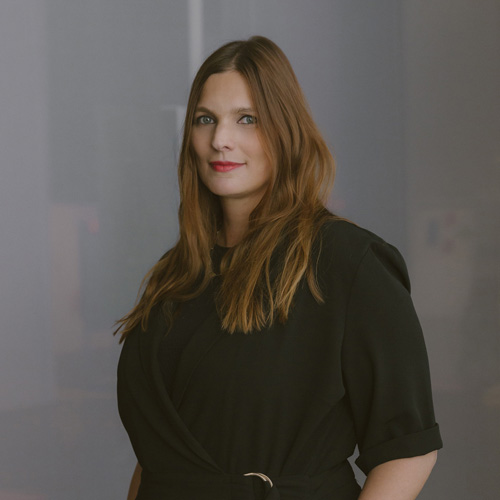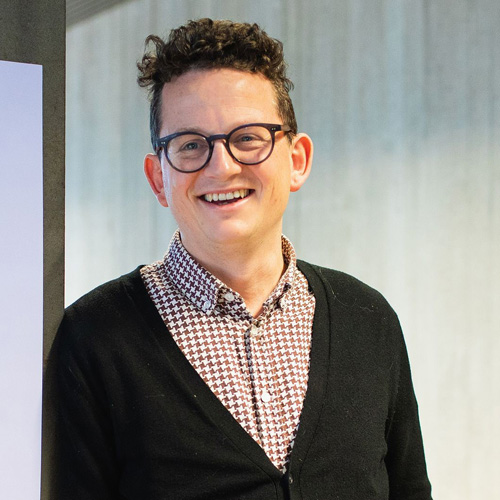Bitter Medicine Online Conversations
Hybrid Reality, Immateriality Again in 21st Century (:mentalKLINIK)
21 January 2021 Thu
Speakers: Marlies Wirth, Vienna; Fredo De Smet, Brussels
The conversations taking place on Zoom in the framework of the exhibition BITTER MEDICINE #02 by the artist duo :mentalKLINIK aim to foreground the unique characteristics of the work, presented to the viewers 24/7 online. The internationally renowned curators Fredo De Smet and Marlies Wirth will develop a two-way interpretation, focusing on the notions of hybrid reality, transhumanism, and the relationship between humans and robots. BITTER MEDICINE #02 highlights the processes of making the work as well as the shifts in viewership. The conversation will look at the "new settings" of the boundary between art and life, discovering various aspects of the exhibition.
Marlies Wirth
Marlies Wirth is the Curator for Digital Culture and Head of the Design Collection at MAK – Museum of Applied Arts, Vienna. She curates exhibitions in the fields of art, design, architecture, and technology and has a key role in programming the VIENNA BIENNALE. She is one of the curators of the international travelling exhibition Hello, Robot. Design between Human and Machine (A cooperation of Vitra Design Museum, MAK and Design museum Gent) and was nominated curator of the Austrian contribution of the London Design Biennale 2021. She also develops independent exhibition projects and authors texts and essays for publications.
Fredo -Frédéric- De Smet
Fredo - born Frédéric - De Smet graduated in 2001 with a masters degree in Art Science and History.The last few years, Fredo has been working as an independent curator & consultant on human/technology relations. In 2015 he started working as an advisor at the public broadcaster VRT and as advising curator for Hello, Robot at Design Museum Ghent. His last publication, Artificial Stupidity talks about our relationship with technology. The book contains ten rules that offer us cheerful and personal help in becoming more humanistic rather than mechanistic.



